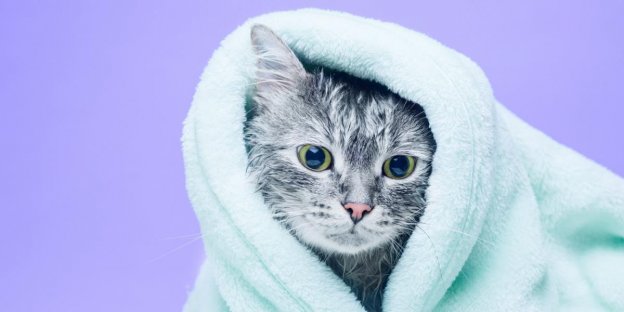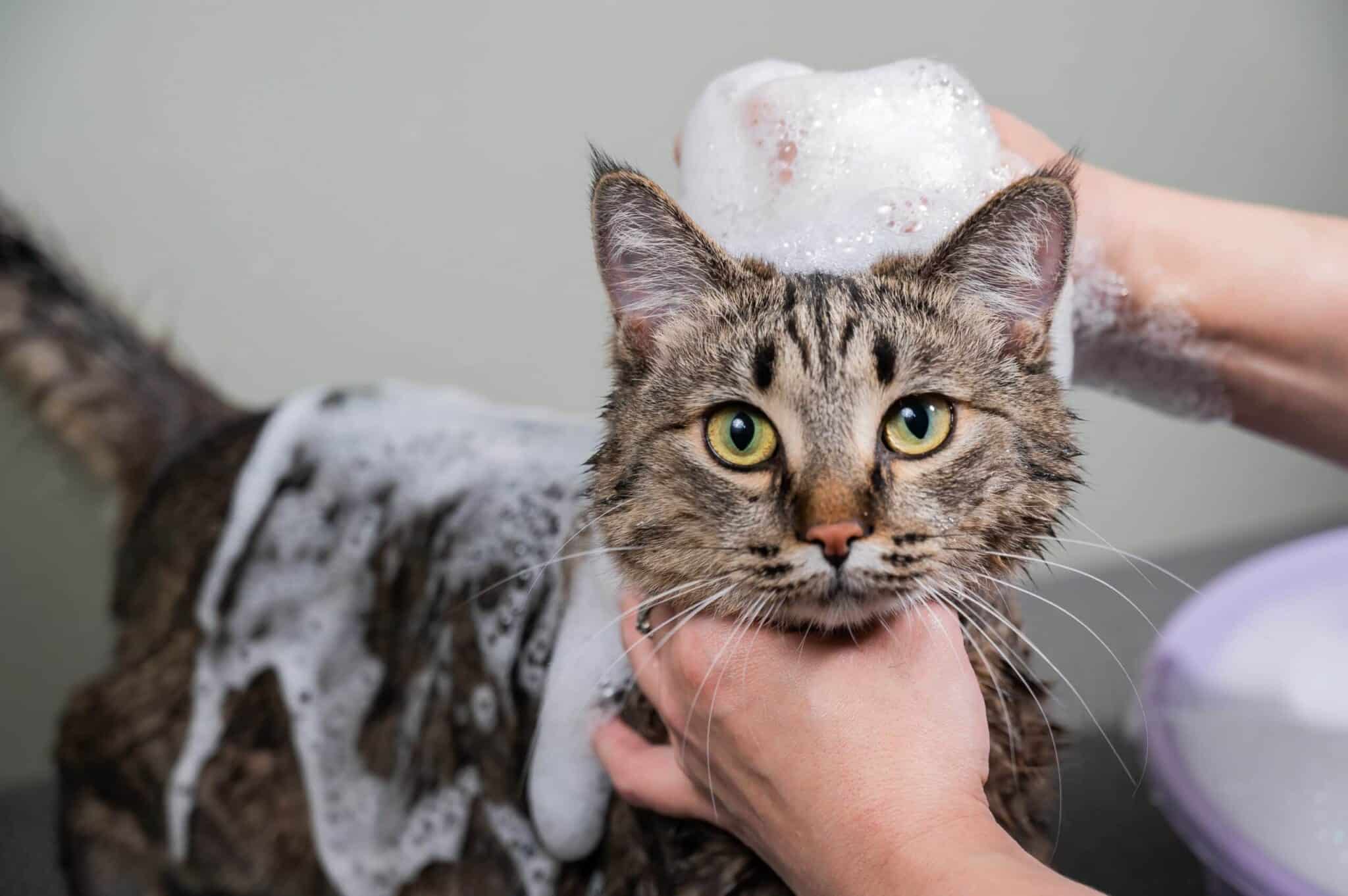
**Dawn Dish Soap and Cats: A Risky Mix**
My heart sank when I stumbled upon my beloved feline companion, Mittens, after a day at work. Her once pristine white fur was stained with mud and grass, leaving her looking bedraggled and unkempt. Seeking a quick fix, I reached for my trusty bottle of Dawn dish soap. However, as I began to lather her, a nagging voice in my head whispered warnings about the potential dangers. Determined to understand the risks involved, I delved into the depths of the internet, determined to uncover the truth.
**Cats and Detergents: A Dangerous Combination**
As I delved into my research, the grim truth became apparent: Dawn dish soap is a highly concentrated detergent, designed to remove grease and grime from dishes, not to gently cleanse the delicate skin of cats. The harsh chemicals present in Dawn, such as sodium lauryl sulfate and sodium laureth sulfate, can severely damage a cat’s skin, causing irritation, dryness, and even chemical burns. Moreover, these chemicals can be toxic if ingested, potentially leading to gastrointestinal upset, vomiting, and diarrhea.
**The Delicate Nature of Feline Skin**
The skin of cats is vastly different from that of humans. It is thinner and more prone to irritation and damage. Cats’ skin also has a higher pH level, making it more sensitive to harsh chemicals. Additionally, cats groom themselves regularly, meaning they are more likely to ingest any chemicals left on their fur. Therefore, it is crucial to use only products specifically designed for cats, as these will be gentler on their skin and less likely to cause adverse reactions.
**Safer Alternatives for Feline Bathing**
If your cat is in dire need of a bath, there are several safer alternatives to Dawn dish soap. Cat-specific shampoos are formulated with mild ingredients that will not harm their skin. These shampoos are available in a variety of options, including hypoallergenic formulas for sensitive skin. You can also make your own cat shampoo using natural ingredients such as oatmeal, baking soda, or Castile soap. Oatmeal has soothing and anti-inflammatory properties, while baking soda can help remove dirt and odors. Castile soap is a gentle vegetable-based soap that is non-toxic and biodegradable.
**Expert Advice for Bathing Your Cat**
Before bathing your cat, it is essential to consider their individual needs. Some cats may be more tolerant of water than others, and it is important to approach them with patience and understanding. Here are a few expert tips to make the bathing process as stress-free as possible:
**FAQ on Bathing Cats**
- **Q:** How often should I bathe my cat?
- **A:** The frequency of bathing depends on your cat’s lifestyle and coat type. In general, short-haired cats can be bathed every 4-6 weeks, while long-haired cats may require more frequent bathing.
**Conclusion**
In conclusion, while Dawn dish soap may be an effective cleaning agent for dishes, it is not suitable for bathing cats. The harsh chemicals in Dawn can damage a cat’s skin and coat, and they can be toxic if ingested. If you need to bathe your cat, opt for a cat-specific shampoo or make your own using natural ingredients. Follow the expert tips provided to ensure your cat’s bathing experience is as stress-free as possible.
Are you interested in learning more about cat care? Visit our website for informative articles on all aspects of cat ownership.
Image: quora.com

Image: catster.com
Is Palmolive Dish Soap Safe for Cats? Vet-Approved Risks & Alternatives – Catster Yes, Dawn dish soap is much better than other dish soaps when it comes to bathing or washing cats. The soap was designed for wild animals in emergency situations, and the milder formulation makes it balance with the pH level of the cat. So, you are less likely to see an allergic reaction on your cat’s skin after using Dawn dish soap on it.